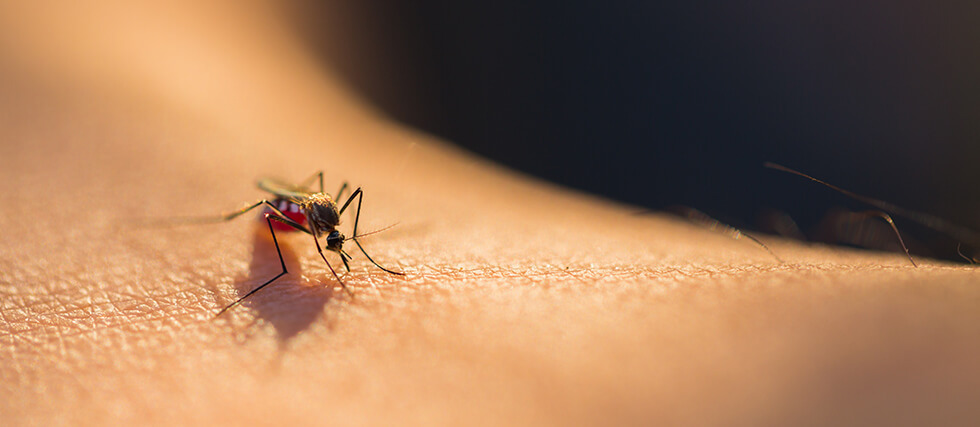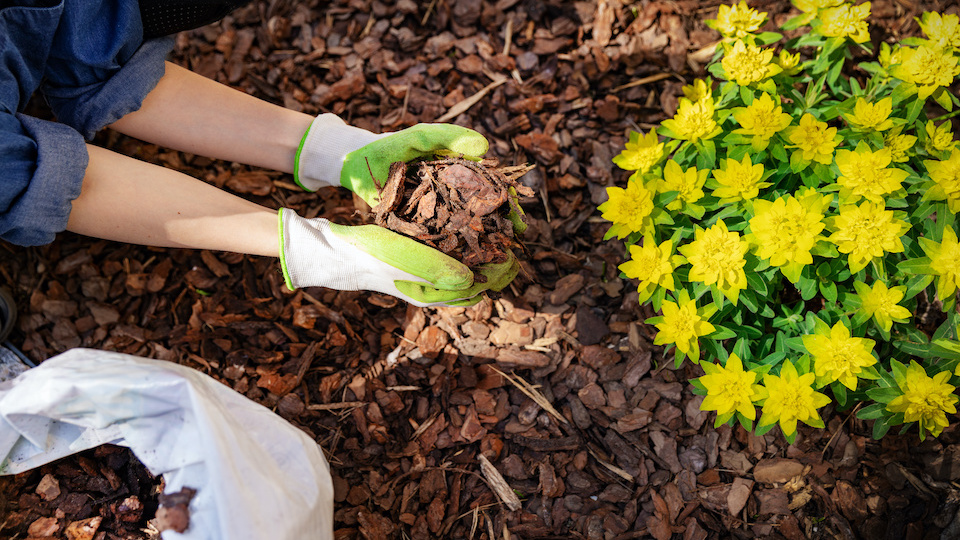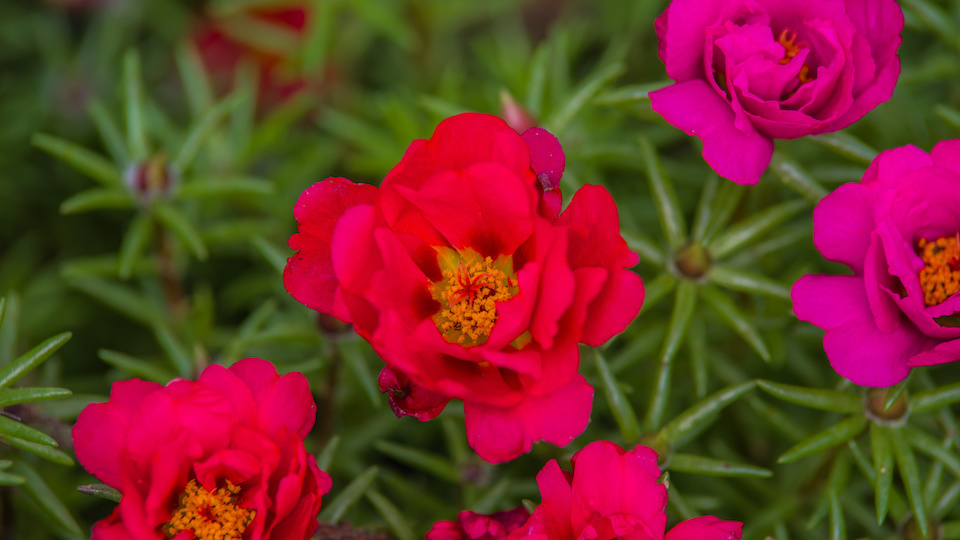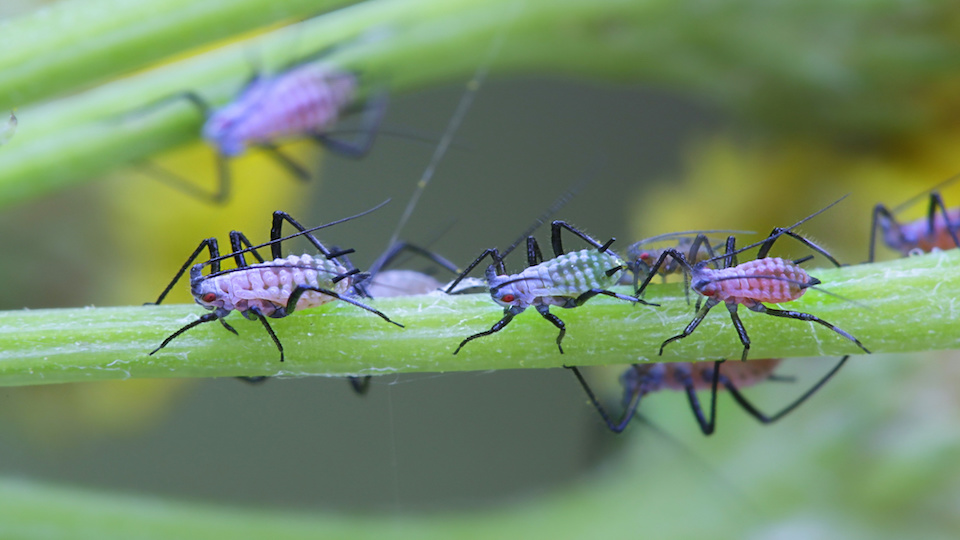How to Safely and Effectively Battle Mosquitoes
Nothing ruins a perfect evening outdoors faster than that familiar high-pitched buzz — and the itchy bites that follow. Mosquitoes aren’t just annoying; they can also carry diseases, making it essential to keep them at bay. But before you reach for harsh chemical sprays, here’s how to fight back naturally, safely, and effectively.
1. Eliminate Standing Water
Mosquitoes lay eggs in stagnant water, so your first line of defense is to remove their breeding grounds. Empty birdbaths, plant saucers, clogged gutters, or any container where water collects. Even a bottle cap of water can attract them!
2. Use Natural Repellents
Skip the chemical fog. Plant-based repellents with peppermint, rosemary, lemon eucalyptus, citronella, or lavender have been shown to keep mosquitoes away without exposing you to toxins. You can also burn citronella candles or use essential oil diffusers outdoors for extra protection.
3. Protect Your Skin and Space
When mosquitoes are most active, typically at dawn and dusk, wear light-colored, long-sleeved clothing. Install fine mesh screens on windows and doors to keep them from sneaking inside. For sleeping outdoors or in buggy areas, mosquito nets are a game-changer.
4. Strategic Planting
Certain plants, such as basil, marigolds, and catnip, naturally repel mosquitoes. Place them around patios or entryways for a green, pest-fighting barrier.
5. Fans: The Secret Weapon
Mosquitoes are weak flyers. A simple oscillating fan on your porch or deck can literally blow them away, making your outdoor space much more enjoyable.
By combining these safe, natural strategies, you can reclaim your backyard without resorting to harsh chemicals — and enjoy those summer nights bite-free.






